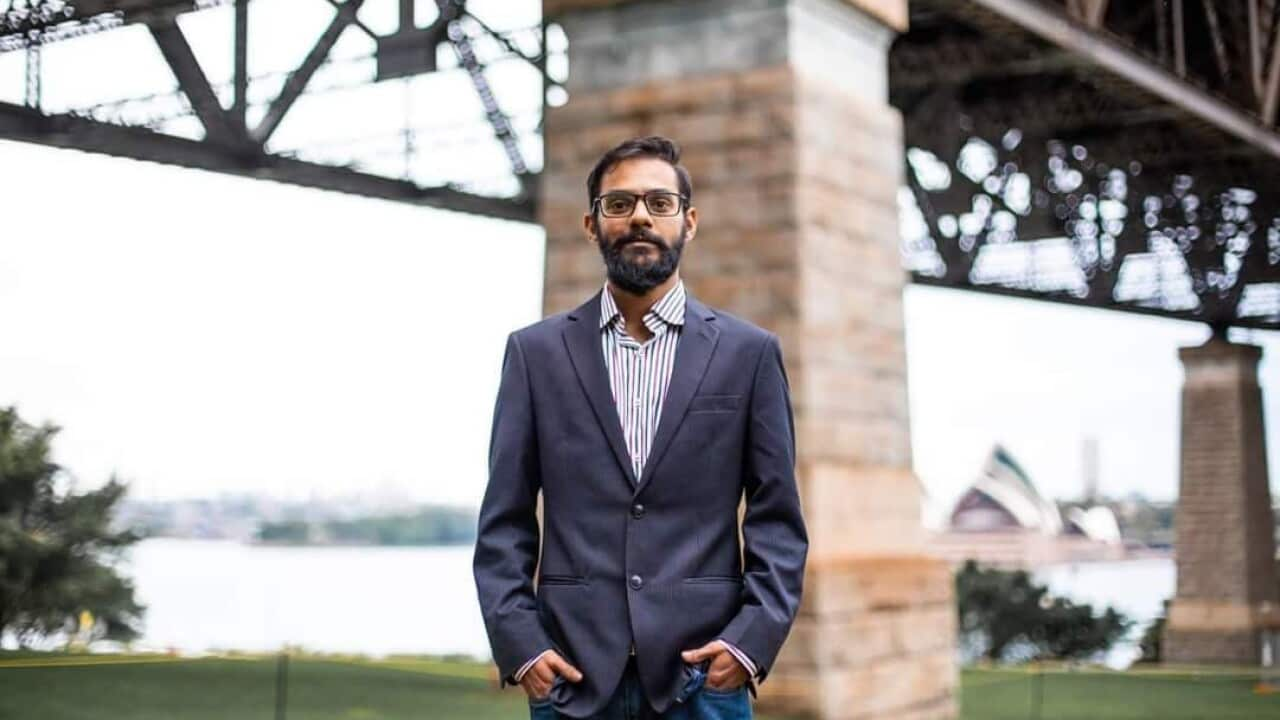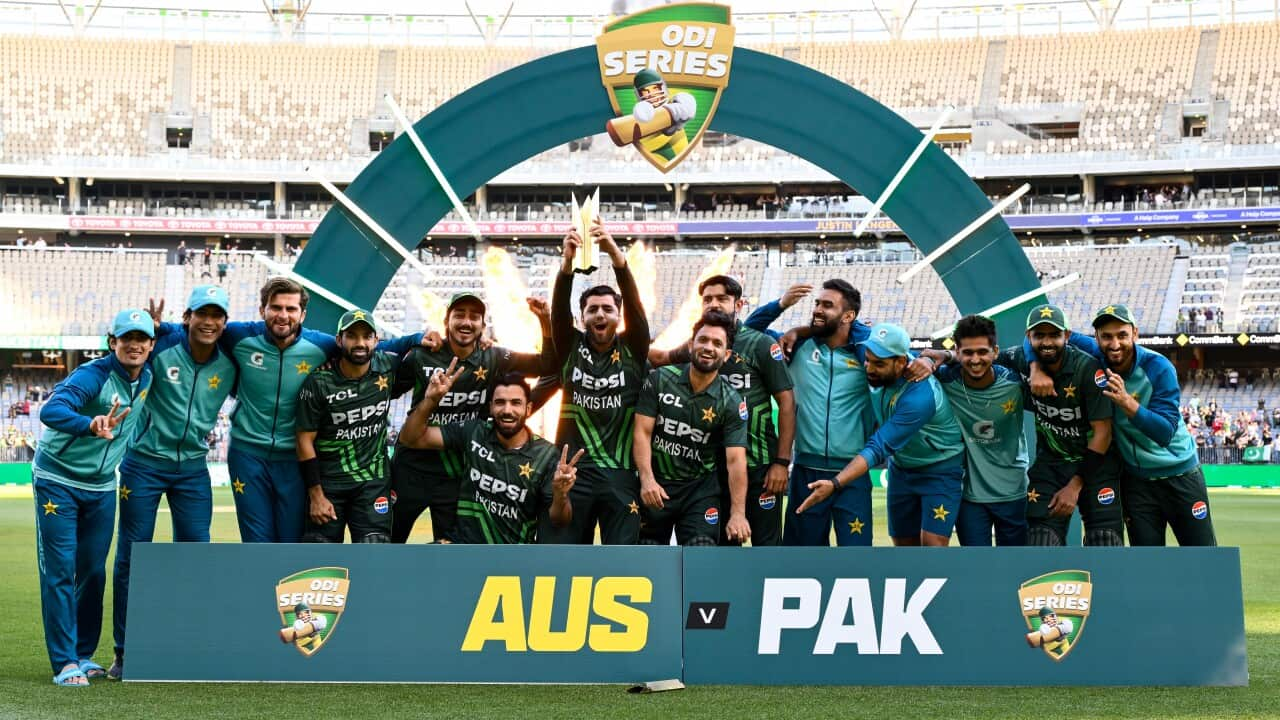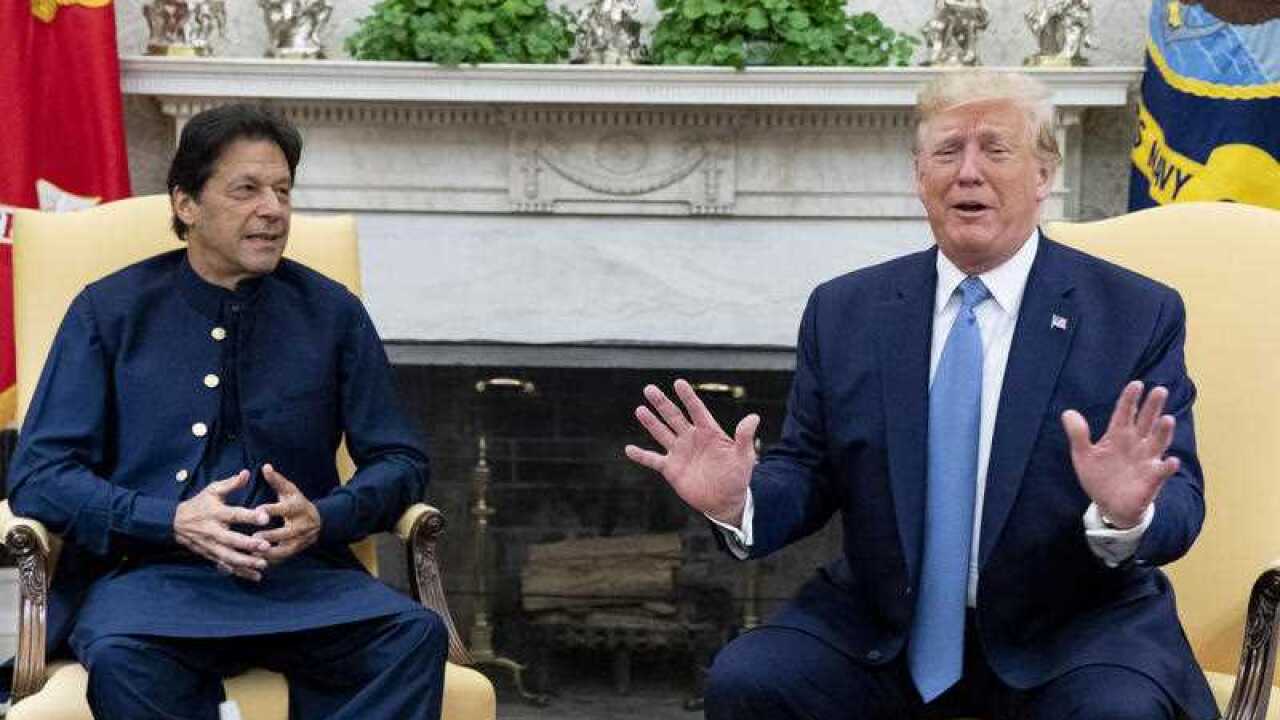Half a billion people in the world currently face severe water scarcity all year round. are already experiencing water scarcity or drought conditions, while at least four billion people are living in regions that experience severe water stress for at least one month of the year, according to a 2016 study in the journal Science Advances.
But neither are people taking this problem seriously, nor the governments and before they know it, water and environmental experts believe the crisis will hit the earth sooner than later.
"Looking at the situation, I am afraid we will run out of water way sooner than when we think the world will."
Sydney-based social entrepreneur and engineer Syed Saif Mansoor says the world has already entered that phase and is facing a global water crisis. Mansoor works on water conservation through various small and medium scale projects in Sydney and around the world.
He told SBS Urdu that though environmentalists have been warning people of this crisis and of the time when we may lose clean drinking water completely, he says they have been generous in the deadline.
"Looking at the situation, I am afraid we will run out of water way sooner than when we think the world will."
"This," he says, "is an alarming situation."
Reports suggest high levels of Uranium and other impurities in underground water in some parts of Northern Territory
Currently, he says, nine countries are facing imminent water shortages. Brazil, Iran, India, United States, Chine, Jordan, South Africa, Libya, and Kosovo. While this cannot be stopped, he says, this situation can be delayed by years if we mend our ways and start using water responsibly. Water consumption behavior and patterns need to change at both the individual as well as industrial levels, and governments need to ensure that new infrastructure is built for the world's growing populations.
"We need to conserve water. That is the most important and simple thing to start with," he says.
Mansoor has developed a water conservation project called the Tunkee under his start-up, called the which he is set to launch in Bangladesh as a pilot project later this year. Tunkee, which means a tank in the Urdu language, purifies 10 liters of water every day. Saline or dirty water can be collected in the tank that is powered by direct sunlight.
While the water shortage situation in Australia may not have reached an alarming level yet, suggest high levels of Uranium in underground water in some areas of the Northern Territory, along with other impurities. Uranium is scientifically proven to cause kidney failure and respiratory problems.
These are places that need water purification at once, and projects like the Tunkee may help.





